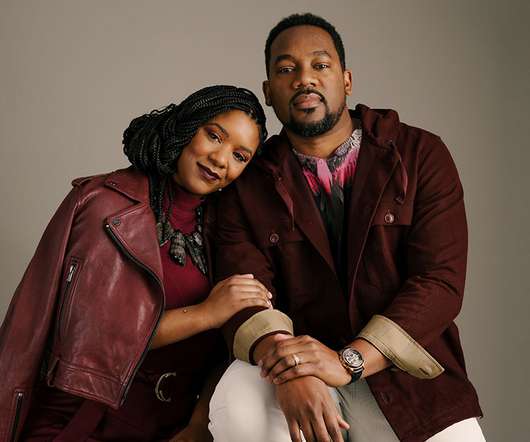How Employers Can Better Serve Neurodiverse Employees in 2023
Success
APRIL 4, 2023
After surviving a major medical event and a surgery that almost killed her, she found herself reevaluating her trajectory. “I According to 2020 research published in the British Medical Bulletin , “a reasonable estimate of all neurominorities within the population is around 15–20%.” But things only got more complicated.












Let's personalize your content